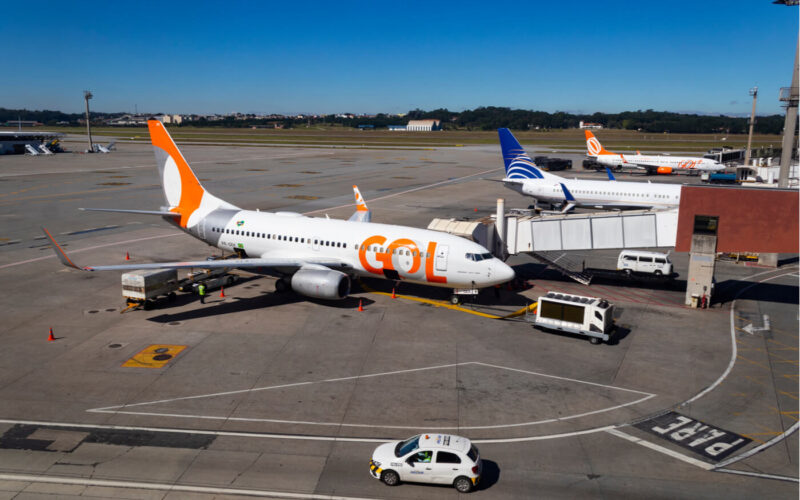GOL Linhas Aéreas Inteligentes, Brazil’s largest low-cost airline, has been a devoted Boeing 737 operator ever since the airline’s establishment in 2000. Two fatal crashes and a world-wide grounding of Boeing’s latest addition to the jetliner family, has not changed its management’s belief that the 737 MAX is the best aircraft for the Brazilian market. The carrier hopes that the model would make up half of its fleet by 2025.
GOL Airlines currently operates a fleet of 137 Boeing 737 aircraft. Varying across three models, the 737-700, 737-800 and 737 MAX 8, the average age of the aircraft in the fleet is approximately 10 years. However, when looking at particular types, the 737-700 sharply stands out, as by 2025 they would be over 20 years old. GOL still has around half of its historic 737-700s fleet in operation (23 aircraft versus 28 retired). The 737-800, currently making up the vast majority of the fleet, are slightly younger, as their average age is less than 10 years.
The natural replacement for 737 NGs is the 737 MAX version. The airline placed its initial order for 60 MAXs back in 2012, and has since been upscaled it to 135 aircraft, a mixture between 737 MAX 8 and 737 MAX 10 variants. So far, the Brazilian airline has received six MAX 8s.
Looking into the future, the carrier expects approximately 50% of its fleet would be comprised of the newest 737s by 2025. This would mean that over the next five years, GOL wants to take deliveries of approximately 60 MAX aircraft, or around 12 planes per year. Hopes are, the move would help the airline to reduce its fuel consumption by 15% and increase productivity by 20%.
“We believe the Boeing 737 is the best aircraft for the Brazilian market due to its ability to achieve over 13 hours of aircraft utilization in high density markets,” Celso Ferrer, the ailirnés vice president for operations, is cited in a statement for investors as saying.
“This supports our highly flexible capacity management model, as well as providing high liquidity and market value consistency in our fleet,” Ferrer reportedly said.

